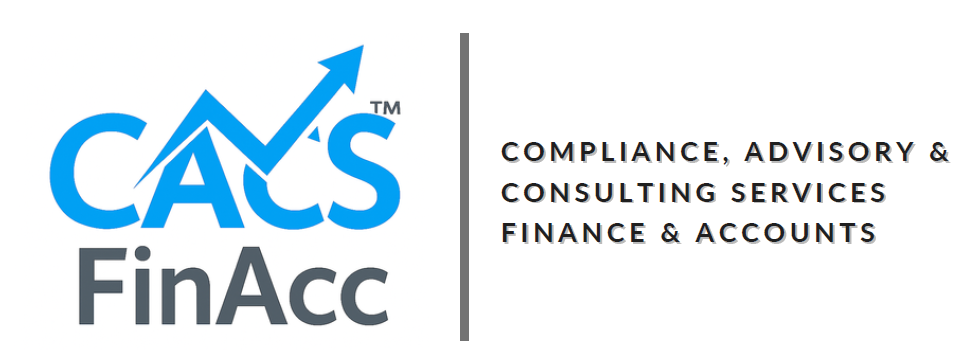Barcode Registration
Barcode Registration
A barcode is a pattern of parallel lines of varying width and spacing, along with digits; a machine can read that. It quickly encodes and identifies important product details such as product numbers, serial numbers, and batch numbers.
Barcodes are widely used for efficient product identification in various industries, including supermarkets, clothing stores, and malls. They offer many advantages, such as reducing errors, cost-effectiveness, time-saving, and simplified inventory management. This global identification system benefits all parties in the supply chain, from manufacturers to logistics and wholesalers, by providing an easy and accurate way to identify products.
Barcode registration is essential for businesses aiming to streamline inventory management, enhance product traceability, and comply with retail and e-commerce standards. In India, GS1 India is the authorized body responsible for issuing globally recognized barcodes.
How Do Businesses Use Barcodes?
Barcodes are a widely used technology that provides a unique symbol, typically consisting of parallel lines and a number, which can be scanned to retrieve product information from a database. Businesses utilize barcodes in several ways, including:
- Inventory management: Large departmental stores with extensive product lines use barcode systems to track all aspects of the product cycle, from manufacturing to sales.
- Asset tracking: With the significant amount of IT assets businesses holds today, barcodes are used to tag and track assets in asset software.
- Returns tracking: In online shopping, barcodes can be used to track returns. They can also be attached to invoices to facilitate the tracking of payments from customers.
Types of Barcodes
Below, we explore various types of barcodes commonly used in different industries and applications:
- EAN-13: Known as the International Article Number, which was formerly referred to as the European Article Number, the EAN-13 is a 13-digit barcode extensively used in Europe, India, and other countries. It plays a crucial role in the global retail supply chain, facilitating efficient product tracking and identification.
- UPC-A: The Universal Product Code (UPC-A) is a 12-digit barcode widely used in the United States, Canada, the United Kingdom, Australia, and New Zealand. It is essential for standardizing and tracking retail products across these nations.
Who Needs Barcode Registration?
Barcode registration is crucial for:
- Manufacturers: To uniquely identify products and manage inventory efficiently.
- Exporters: To comply with international trade requirements.
- Retailers: To facilitate quick billing and stock management.
- E-commerce Sellers: Platforms like Amazon and Flipkart mandate barcodes for product listings.
Documents Required for Barcode Registration
To apply for barcode registration, the following documents are typically required:
- Business Registration Proof: Such as GST certificate, Udyam/MSME registration, or company incorporation certificate.
- PAN Card: Of the business entity.
- Cancelled Cheque: For bank account verification.
- Product Details: Including product name, category, and packaging information.
- Letter of Request: On company letterhead requesting barcode allotment.
Barcode Registration Process
- Visit GS1 India Website: Navigate to GS1 India and select 'Register for Barcodes'.
- Choose Barcode Plan: Select between individual GTINs or a company prefix based on the number of products.
- Fill Application Form: Provide business and product details.
- Upload Documents: Submit the required documents as specified above.
- Make Payment: Pay the applicable fees based on your business turnover and barcode plan.
- Verification and Allotment: After verification, GS1 India will issue the barcode numbers and provide access to the DataKart portal for barcode management.
The registration process typically takes 7-10 working days after submitting the application and necessary documents.
Barcode registration Fees
Please note that the barcode registration fees may vary depending on the specific registration authority and the type of barcode being registered. However, in general, the fees are usually determined based on the following factors:
- Turnover of the company: Companies with a higher turnover may be required to pay higher barcode registration fees.
- Number of barcodes required: The fees may also depend on the number of barcodes that must be registered.
- Subscription period: The fees may vary based on the subscription period for which the barcodes are being registered.
Based on these factors, the fees for barcode registration in India can vary.
Benefits of Barcode Registration
- Global Recognition: GS1 barcodes are accepted in over 100 countries, facilitating international trade.
- Efficient Inventory Management: Automates stock tracking and reduces errors.
- Enhanced Retail Operations: Speeds up billing and checkout processes.
- E-commerce Compliance: Mandatory for listing products on major online marketplaces.
- Improved Product Traceability: Enables tracking of products throughout the supply chain.
Why Choose CACSFinacc for Your Barcode Registration?
- Expert Guidance: Our team provides end-to-end assistance, ensuring accurate and timely registration.
- Customized Solutions: Tailored services to meet your specific business needs.
- Transparent Pricing: No hidden charges; clear breakdown of all costs involved.
- Timely Delivery: We prioritize prompt processing to get your business compliant swiftly.

